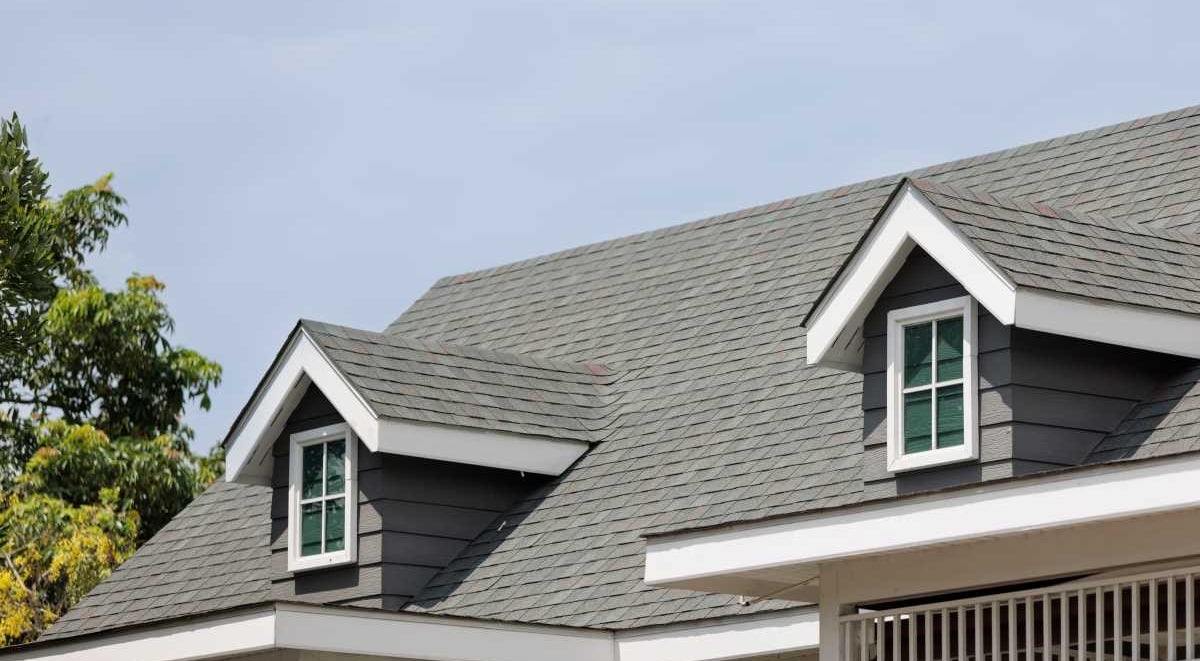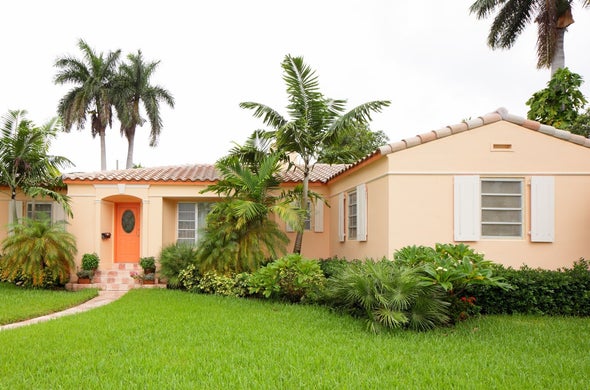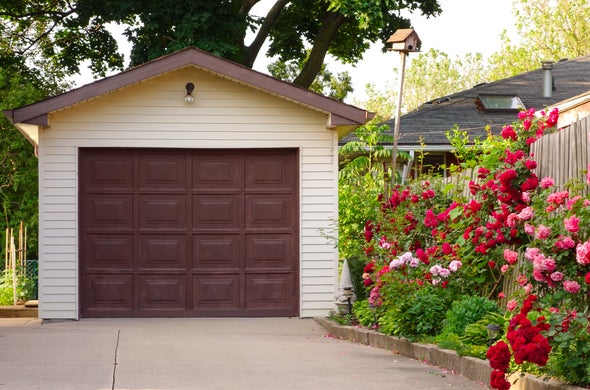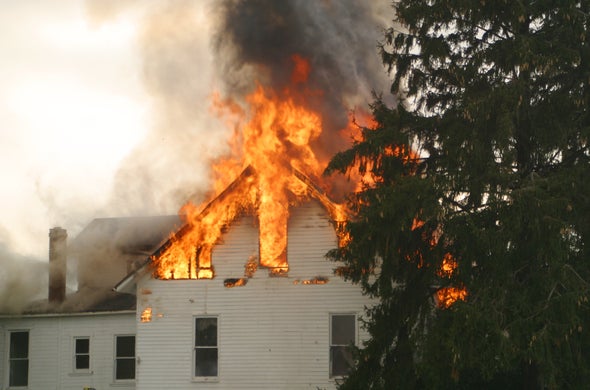Why you'll love Kin
From small claims to disasters, we're here to help you recover quickly.
Here to help
We reach out before and after major weather events to make sure you’re okay — and to assist if you need to file a claim.
24/7 claims support
Easily file a claim over the phone with a member of our support team or online in your Customer Portal.
5-star care
Our licensed insurance experts are available to help via email, phone, or live chat.
What does homeowners insurance cover?
Rest easy knowing your coverage protects what matters most.
Dwelling coverage
for the actual structure of your home, inside and out.
Other structures
for things like your detached garage or shed.
Personal property
for your personal belongings that make your house a home.
Loss of use
for additional living expenses when a covered loss forces you to temporarily relocate.
Personal liability
if you accidentally cause someone bodily injury or property damage.
Medical payments
if a guest is injured on your property.
Discounts available
The average cost of home insurance has increased to more than $3,300 per year in the United States, but depending on where you live, you can save money by protecting your home, avoiding damage, and selecting sustainable options.

Home security - for installing security or fire alarms (available for nonmobile homes).
Wind mitigation - the more wind-proof your home, the better.
Water detection - because no one wants a flooded home.
Electronic policy - for reducing your carbon footprint by saving some paper.
New home buyer - if you’re purchasing a home for the first time.
IBSH designation - for fortifying your home against disasters.
13 states and counting
We currently offer coverage in the following states – with more on the way.
Learn more about home insurance with Kin
Common questions about home insurance
What is home insurance?
Home insurance is a type of property insurance that provides financial protection for your home and belongings against damage or losses caused by covered sudden and unexpected events, such as fire, storms, or theft. A standard home insurance policy also offers liability insurance in case you or a covered member of your household injures someone on your property or causes damage to someone else’s property.
When you file a claim, your insurer will assess the damages. If the claim is approved, your insurer will issue payment to cover the cost of repairs, replacements, rebuilding efforts, and other claim-related expenses up to your policy limit, minus any deductible.
How much home insurance do I need?
Your individual coverage needs can be affected by a variety of factors, but we typically recommend that you have enough home insurance to cover the following costs:
-
Dwelling coverage: 100% of the cost to rebuild your home
-
Other structures: At least 10% of your Coverage A amount to cover the cost to rebuild other structures on your property. You might need more or less depending on the types of other structures you have on your property.
-
Personal property: At least 50% of your Coverage A amount to cover the cost to replace your belongings
-
Loss of use: At least 20% of your Coverage A amount to cover living expenses if your home becomes temporarily uninhabitable after a covered loss
-
Personal liability: At least $100,000 to $300,000 to cover any legal costs due to injuries or property damage you negligently cause to others
-
Medical payments: At least $1,000 to $5,000 to cover any medical bills due to injuries sustained by guests on your property
For more details, see our guide to how much home insurance coverage you need.
What’s the average cost of home insurance?
The average cost of home insurance premiums in the United States is $3,303 per year, according to the latest data available from the Consumer Federation of America. The cost of your premium depends on where you live, your home’s characteristics, and other factors.
What factors affect home insurance rates?
The cost of home insurance depends on several factors.
-
Where you live: Your state’s laws, as well as environmental factors like natural disaster risks, impact the cost of your premium.
-
The age of your home: Older homes are often more expensive to insure.
-
Your claims history: Most insurance companies see a history of frequent claims as an additional risk, which may increase the cost of your premium.
-
Your deductible: The deductible you choose determines how much you’ll pay out of pocket before your home insurance coverage kicks in. A lower deductible typically results in a higher premium.
-
Your credit history: In some states, your credit history may also impact your home insurance premiums via your credit-based insurance score.
What does home insurance not cover?
A standard home insurance policy offers broad protection against an array of perils, but it doesn’t cover everything. Common exclusions include:
-
Flood damage: Losses due to flooding from storms, overflowing bodies of water, or storm surges are typically only covered if you have a flood insurance endorsement or a stand-alone flood insurance policy.
-
Earthquakes: Damage caused by seismic activity or ground shifts is typically excluded from coverage unless you have an earthquake endorsement or policy.
-
Wear and tear: Routine maintenance issues, aging systems, and gradual deterioration are not covered.
-
Pest infestations: Damage from termites, rodents, or insects is typically considered preventable and excluded from coverage.
-
Neglect: Claims may be denied if damage results from a clear lack of maintenance or failure to address known issues.
-
Business activity: Damage related to home-based businesses may not be covered without an endorsement.
-
Intentional acts: If a policyholder or covered household member intentionally damages the property, home insurance typically won’t cover the costs to repair, replace, or rebuild the property.
-
Mold and rot: Unless it's a direct result of a covered peril, fungal and bacterial growth is not typically covered.
What additional coverages should homeowners consider?
To ensure your home and belongings are adequately protected, including against catastrophic events, consider these optional endorsements or stand-alone policies:
-
Flood insurance: If you live in an area at risk for flooding, consider getting a flood insurance policy or asking your insurer if a flood insurance endorsement is available. Flood insurance is often required if you have a mortgage and live in a high-risk area or if you live in a home that has received FEMA funding in the past.
-
Earthquake insurance: This type of policy or endorsement can help you cover the cost to rebuild or repair your home after an earthquake. It’s important to consider if you live in a seismic zone, such as parts of California.
-
Windstorm or hurricane coverage: In coastal areas, standard home insurance often excludes or limits wind damage. Windstorm or hurricane coverage can cover the cost to repair, rebuild, or replace your property after a major storm or hurricane.
-
Extended replacement cost coverage: This endorsement increases your dwelling limit coverage beyond policy limits if rebuilding costs exceed your policy limits. This can be particularly helpful if your area suffers a catastrophic event, such as a hurricane, and building costs surge.
-
Ordinance or law coverage: If your property is damaged and you need to bring it up to local building codes during reconstruction, this can help cover the additional costs associated with the upgrade.
The coverages above help ensure your home insurance provides comprehensive protection against everyday risks and catastrophic events. However, your specific coverage needs can vary depending on your home and location. Speaking to a licensed home insurance agent can help you determine which coverages you may benefit from.
Is home insurance required?
Home insurance is not required by law in the United States, but almost all mortgage lenders require proof of home insurance. Even if your lender doesn’t require home insurance, it’s a good financial investment that can save you thousands of dollars in out-of-pocket repair costs.












